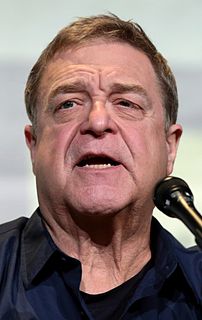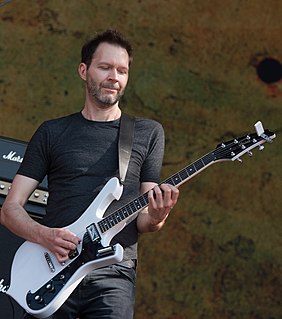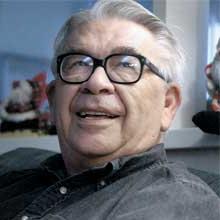A Quote by Mark Helprin
Really the best way to learn about something is simply to read it and not make a scientific theory of interpretation.
Quote Topics
Related Quotes
Unfortunately, there is something of a flaw in this idealized picture of the way the scientific community discovers truth. And the flaw is that most scientific work never gets noticed. Study after study has shown that most scientific papers are read by almost no one, while a small number of papers are read by many people.
When you learn to read and write, it opens up opportunities for you to learn so many other things. When you learn to read, you can then read to learn. And it's the same thing with coding. If you learn to code, you can code to learn. Now some of the things you can learn are sort of obvious. You learn more about how computers work.
A scale is just the notes that are in a chord played one at a time instead of together. That's what has allowed me to go through the possible notes that work with a chord and make choices about which ones I like best. I go through by ear; you can do it by theory too, but the best way is to learn by ear.
As time passed I became an avid reader of popular scientific books, wanting to know as much as I could about the world in which I lived. Gradually I began to see a pattern of nonsense in much scientific writing. Scientific explanations given regarding the origins or functioning of various phenomena simply didn't make sense.
Often, when I want to read something that is satisfying to me as theology, what I actually read is string theory, or something like that - popularizations, inevitably, of scientific cosmologies - because their description of the scale of things and the intrinsic, astonishing character of reality coincides very beautifully with the most ambitious theology. It is thinking at that scale, and it is thinking that is invested with meaning in a humanly evocative form. That's theology.
I had two passions when I was a child. First was to learn about Einstein's theory and help to complete his dream of a unified theory of everything. That's my day job. I work in something called string theory. I'm one of the founders of the subject. We hope to complete Einstein's dream of a theory of everything.







































